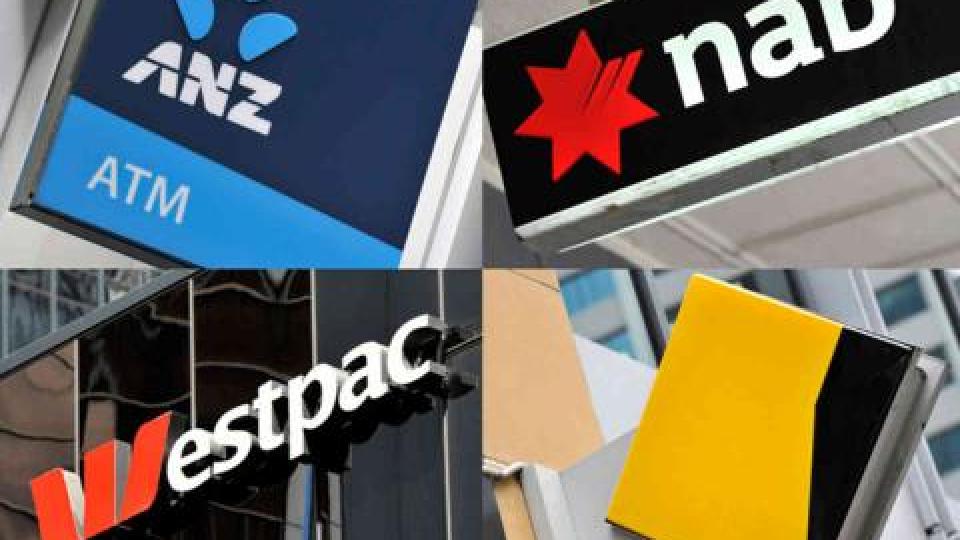Bank royal commission: Last straw for Turnbull?

The humiliating about-face forced on Prime Minister Malcolm Turnbull when he announced a royal commission into the banking and financial sectors on November 30 could be the beginning of the end for the Coalition government. The last ditch retreat is designed to head off a revolt by several maverick Nationals for a commission of inquiry into the banks, which would have exposed deep rifts within the Coalition parties.
Moreover, a commission of inquiry would have been out of the direct control of the government and would report to parliament instead of Cabinet. This would have been even more dangerous for the Big Four banks and the government that has covered up for them over the last several years.
In June 2014, a Senate inquiry into Commonwealth Bank malfeasance handed down its report. The Commonwealth Bank had been involved in a fraud scandal that left thousands of customers “millions of dollars out of pocket”. The Greens responded to the report immediately, welcoming it and calling for a royal commission into the banks.
Commenting on the government's sudden about-face on the banking royal commission, Greens leader Richard di Natale said: “After years of dodging inquiries and being protected by the Liberal and Labor parties, the big banks are now going to have to answer for their behaviour. We will be monitoring the process closely to ensure the terms of reference are robust and lead to genuine outcomes that deliver justice for victims and lead to systemic cultural reforms.”
Labor initially opposed a royal commission, but the scandals kept coming until it could no longer avoid the issue. In April last year it announced it would support a royal commission into misconduct in the banking industry.
Labor leader Bill Shorten said that the timing of the announcement was "one of Mr Turnbull's greatest failures of leadership. "We are deeply concerned that even today, the Prime Minister said a royal commission was 'regrettable',” Shorten said. "Turnbull and his government voted in the parliament more than 20 times to protect the banks from a royal commission."
Conveniently for the government, the Big Four banks sent a letter on November 30 to the Treasurer signed by the chairpersons and chief executives of ANZ, Commonwealth, NAB and Westpac, arguing that even though the sector had long campaigned against it, such a measure was now in the national interest.
"Our banks have consistently argued the view that further inquiries into the sector, including a royal commission, are unwarranted," the letter said. "However, it is now in the national interest for the political uncertainty to end."
Within hours Turnbull had called the royal commission he had spent a year and a half opposing. "Government policy remains the same until it is changed," he explained.
Turnbull said it was "a regrettable but necessary action" and now a royal commission was the "only way" to restore public faith in the banking sector.
He made clear in his announcement that the royal commission's terms of reference would be strictly limited: "This will not be an open-ended commission; it will not put capitalism on trial."
Perhaps this comment was to reassure former Prime Minister John Howard, who had said on November 17: "I would be staggered if the Coalition proposes a bank royal commission; that is rank socialism."
Clearly, the revelations about the crimes and misdoings of Australia's big banks have become so toxic that a royal commission, limited as much as possible by the government, is the last resort to save the banks from growing public anger.
The bank employees’ union also supported calls for a royal commission into the banks. Finance Sector Union national secretary Julia Angrisano said on November 29 that banks have been providing unwanted overdrafts to customers, bad or biased financial advice, manipulating bank-bill swap rates, breaching AUSTRAC reporting requirements and engaging in foreign exchange collusion.
Angrisano said her union wanted a healthy and fair banking sector that did not require staff to continually try to push new insurance policies, credit cards or loan products onto customers.
"That's not fair on you as a customer, and it's not fair on staff," she said.
Socialist Alliance co-convenor Susan Price said: "A royal commission into the big banks will not be 'rank socialism' by a long way. But it does give the opportunity for a genuine expose of the crimes, misdeeds and sheer greed of Australia's Big Four.
"The first step is to put maximum pressure on the government to not appoint a puppet, but a genuinly independent person as commissioner. And also to insist that the terms of reference be broad enough to permit a real investigation into the systemic rip-offs of the private banks.
"A genuine, independent royal commission would allow those who have suffered under the regime of our banking moguls to speak out and receive fair compensation for their losses.
"But in the end, it is not possible for any royal commission by itself to fundamentally change the system within which Australia's banks operate — monopoly finance capitalism. But the revelations of a banking royal commission could provide a platform to begin to tackle the system in a radical way.
"It could provide considerable ammunition for the launching of a campaign to nationalise (or renationalise in the case of the CBA) the big banks, under workers' and community control. If the banking royal commission contributes, even indirectly, to advancing this goal, it will have been very worthwhile process," Price said.